Mithai, Chai-Pani To Digital Accounts CASH FLOW DOUBLES TO Rs 32 Tn
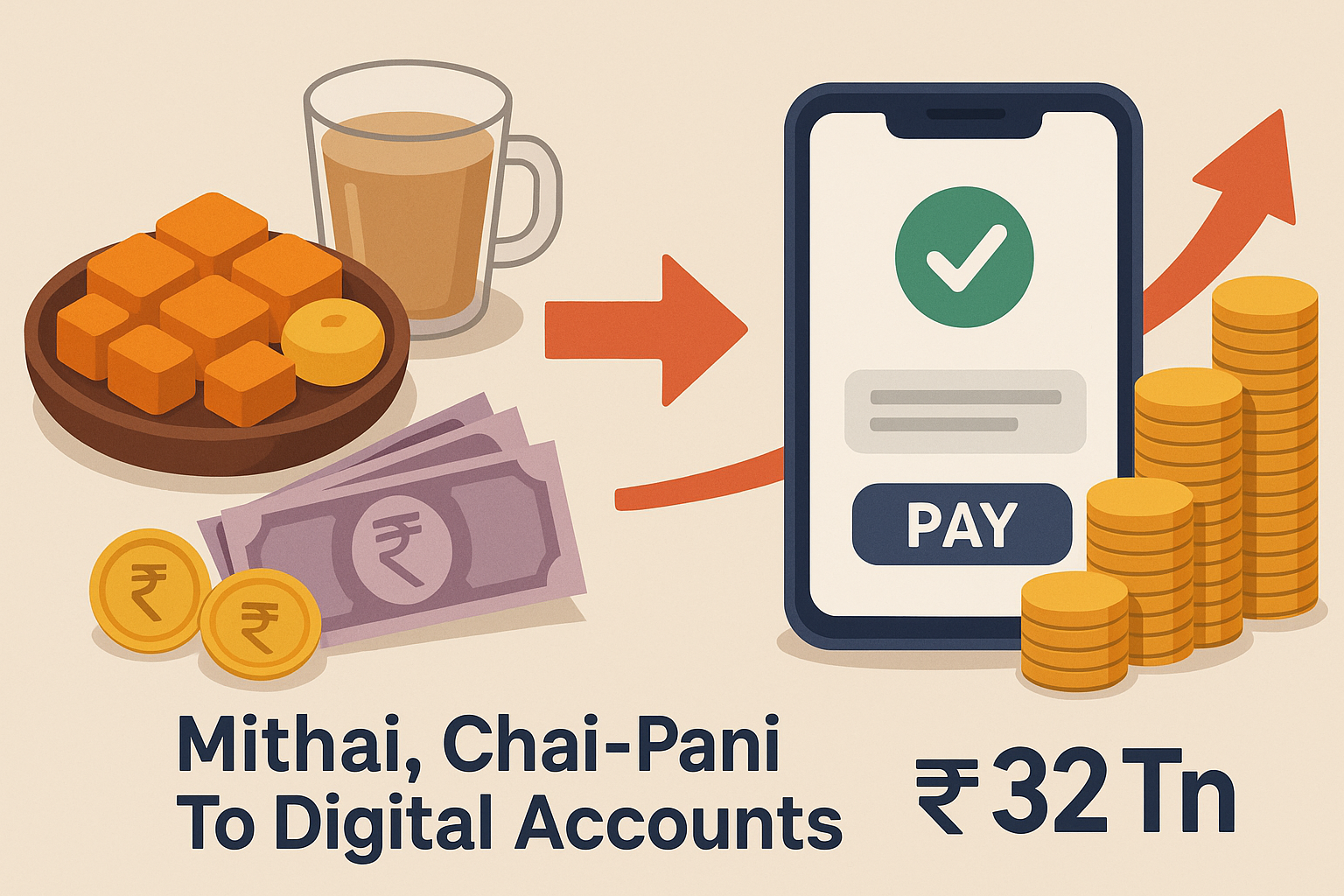
Diwali is glitter. Gold, new clothes, crackers, laughter, and billions spent—from homes to high streets. Houses glow, rangolis bloom, sweets fly across neighbours, diyas shimmer in rows. The goddess of wealth, Mahalakshmi, is invoked in every home, and commerce hums at full pitch.
But somewhere inside many offices, an envelope quietly changes hands. The lanterns light up—but so do the pockets.
No one knows the actual size of India’s Diwali gifting market. But Confederation of All India Traders (CAIT) estimates that the Diwali gifting market hit Rs 6.05 lakh crore ($80 billion) in 2025—a “record” in festive spending. Other trade organisations like FICCI, CII or Assocham so far has refrained from hazarding a guess, apparently in a subdued market with people lacking jobs, reduced earning and unstable prices such figures presumed unlikely.
From sweets and dry fruits to imported chocolates and gold coins, gifting has evolved into a multibillion-rupee ecosystem. And fewer are buying the expensive gold, except Amul Gold, Priya Gold, Tata Gold and Britt Marie Gold.
Traditional mithai boxes now share space with curated hampers of wine, candles, eco-friendly trinkets, handmade products—handwoven textiles, ceramics, bamboo tumblers, artisanal chocolates, reaching even rural India.
That’s the visible Diwali. Behind the glow runs a darker ritual—the exchange of “festival gifts” that come with expectations. Files to be signed, tenders cleared, roads to be repaved—someone has to grease the wheels.
No wonder India’s cash economy is thriving. During 2016 demonetisation, currency circulation was about Rs 15 lakh crore; now it’s over ₹32 lakh crore. The new normal—nicknamed suvidha shulk—is what people quietly pay even for legitimate work.
‘100-fold rise’
Festival gifts now come with invoices of expectation. “Mithai, chai-pani, suvidha—the sweet names of corruption.”
A top multinational management person, Shikha Tyagi, says, “Businesses have found a legal way to present largesse to the corrupt during Diwali. Rates have multiplied a hundredfold in a decade”.
Much is shelled out by those who, despite decent wages, block routine work—from pension payments, personal accruals to school approvals and trade licenses. Even large corporation to local shopkeeper factor in “festive facilitation expenses,” wrapped in legalese.
It’s an irony worthy of Mahalakshmi—the goddess of wealth presiding over a season where illegal wealth flows most freely.
The malaise transcends borders. One of India’s richest industrialists is indicted in the U.S. over a $265 million bribery and securities fraud scheme linked to solar contracts.
Beyond Borders
Over the years the US has imposed fines on a number of companies for cases of bribery in India. Cognizant was made to pay $ 25 million for a corruption in India by US Foreign Corrupt Practices Act (FCPA) for a reported gratification to a Chennai official. Such FCPA actions in India include Embraer, Anheuser-Busch, Mondelev/Cadbury, Oracle, Tyco, Dow Chemical, Textron, Diageo for total bribes to Indians of $ 77.8 million, according to a report by law firm Foley & Lardner.
In Chhattisgarh, a widow was asked to pay Rs 2.8 lakh in bribes to get her pension and gratuity cleared. She fought back. The High Court refused to quash her FIR on grounds that the extorters reached a “compromise”, calling it “a matter of moral turpitude.”
Recent cases show corruption’s deep reach — from top brass to clerks. The NHIDCL managing director in Guwahati, Krishna Kumar, was caught taking a Rs 10 lakh bribe from a contractor for project clearance. In Punjab, DIG H.S. Bhullar’s arrest exposed piles of cash, gold, and luxury watches tied to bribe demands. Even a low-level PWD supervisor routinely seeks Rs 7,000–30,000 to clear contractor bills — small sums that, collectively, reveal the everyday rot of the system.
The practice seeps into every department—pensions, construction, taxation, even university NAAC grades. One foreign road contractor, unable to recover dues, reportedly ended his life in a legendary case.
Picture the Season
Roads gleam, flyovers sparkle. Contractors line up with “Diwali tokens.” Beneath the ritual lies a parallel economy of gratitude
turned gratification.
A veteran journalist Satish Mishra, residing in NCR-UP recalls: “It’s impossible to do business without bribes. Even I had to pay during the registration of my wife’s flat. The builder had fled without an NOC, and though the residents’ association paid collectively, everyone knew where the money went.”
And the scale? A 2024 LocalCircles survey found 66 percent of Indian businesses paid bribes in the past year—mostly to government officials (72 percent). Many said they were coerced to pay; others paid to speed up work. Cash bribes dominated (83 percent), while some came disguised as gifts or favours via agents. This year many say their payments held up before Diwali on “dispute” over percentage of slush to be paid.
Behind closed doors, software systems meet soft hands. It has made the job easier through “clandestine” multiple bank accounts.
Ahead of Diwali 2025, the Union Finance Ministry banned all government departments from using public funds for festive gifts. Several states followed. In Rajasthan, the Anti-Corruption Bureau (ACB) warned that giving or receiving expensive gifts could attract prosecution. Gujarat’s ACB announced secret monitoring of Diwali gifts. In Tamil Nadu, the Directorate of Vigilance set up teams to track “gifts” from traders—often cash-filled boxes of sweets.
Digital ghushkhori
Still, the festive bribe script remains unchanged. The payments are smoothened with a “gift”—a cash-stuffed envelope or shady bank accounts.
“Gifts are culture,” some argue. True—but culture doesn’t demand a quid pro quo. When a box of sweets comes with a silent message, “Remember us when you approve the file”—it stops being generosity.
A financial magazine Moneylife defines it best: “Bribery includes the offer, promise, giving, demand or acceptance of an undue advantage as an inducement for an action which is illegal, unethical or a breach of trust.” Cash of any amount is tucked in the gift basket. This isn’t cinematic corruption; it’s everyday graft. Ordinary, expected, normalized.
The irony is deliciously dark. We deck our doors with diyas and our hearts with generosity, but somewhere the “token of goodwill” means: “Here’s your gift. Do the job after puja.”
Someone joked that Diwali has become“ghuskhori ka dharmik utsav”—the religious festivalfor gratification. Perhaps they weren’t joking at all.Because at its core, every “gift” is simply a gift with strings attached.
And the season of lights, in the world’s largest democracy, risks turning once again into the season of hush money.
(Author, a well-recognised political economy commentator, has served as a Professor & Dean at the capital-based IIMC.)

 1 month, 1 week ago
1 month, 1 week ago
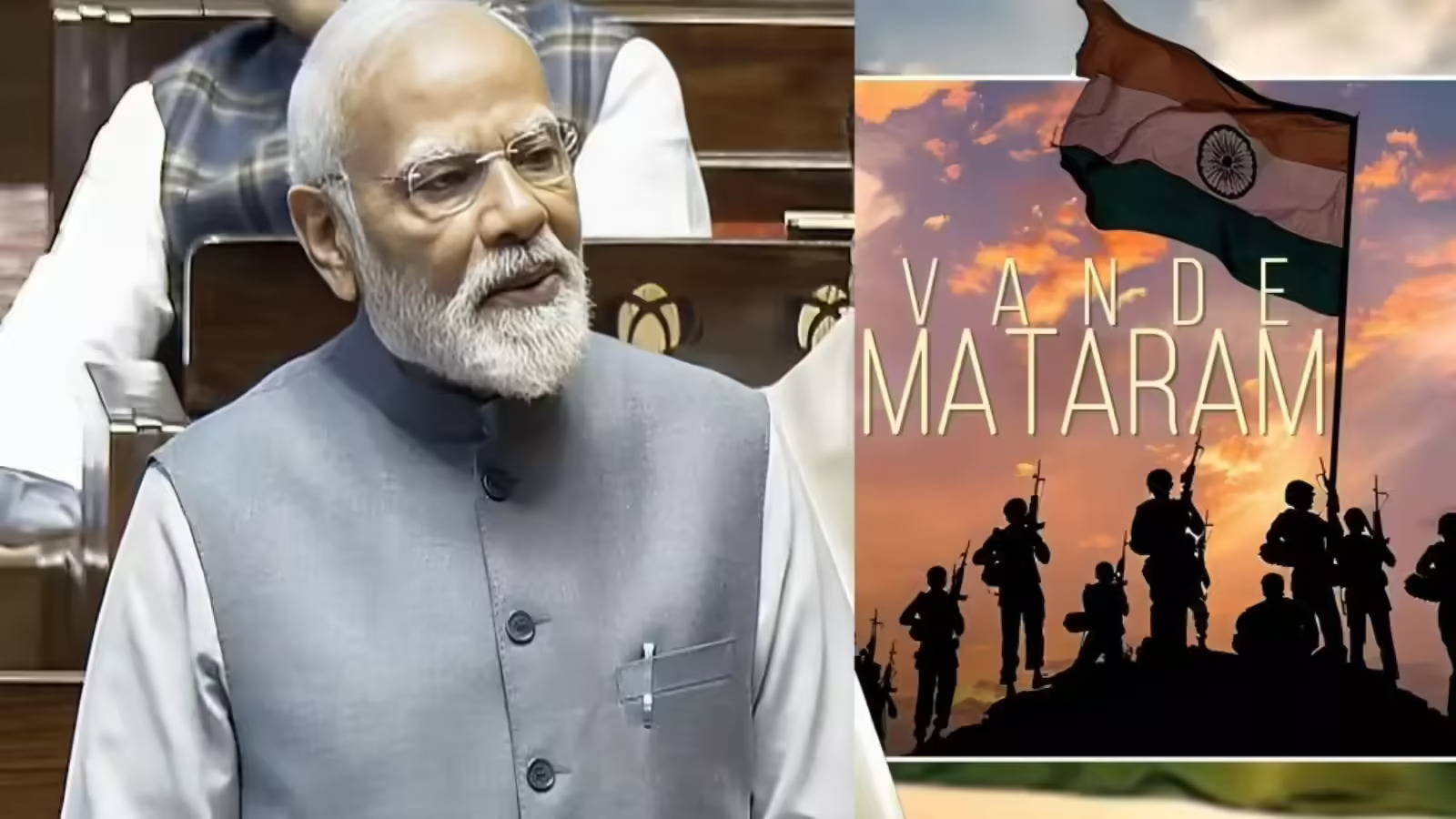

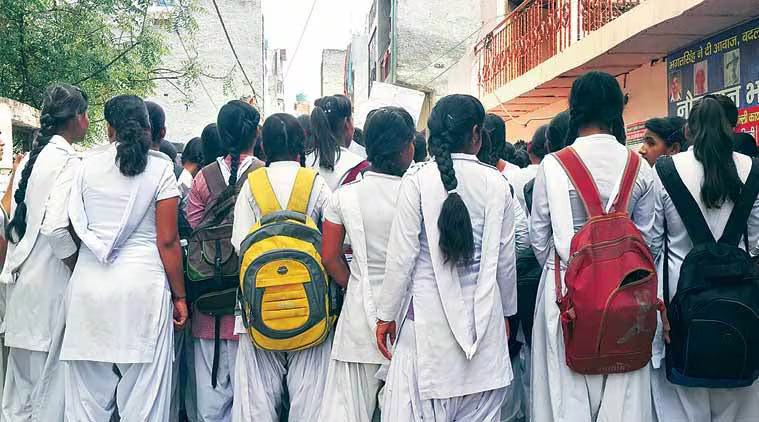
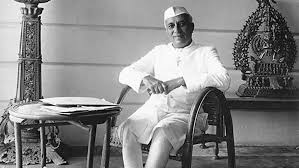

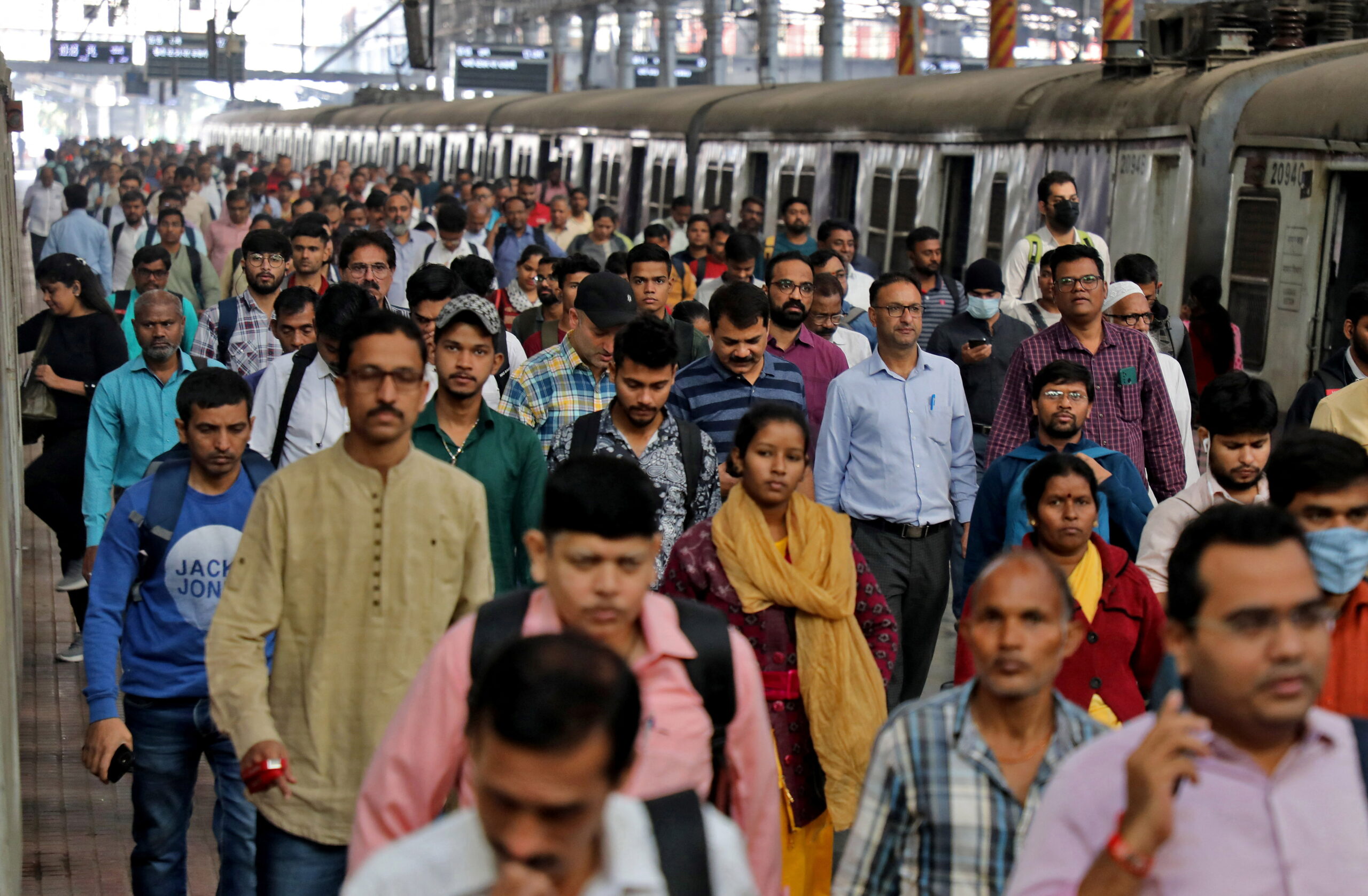

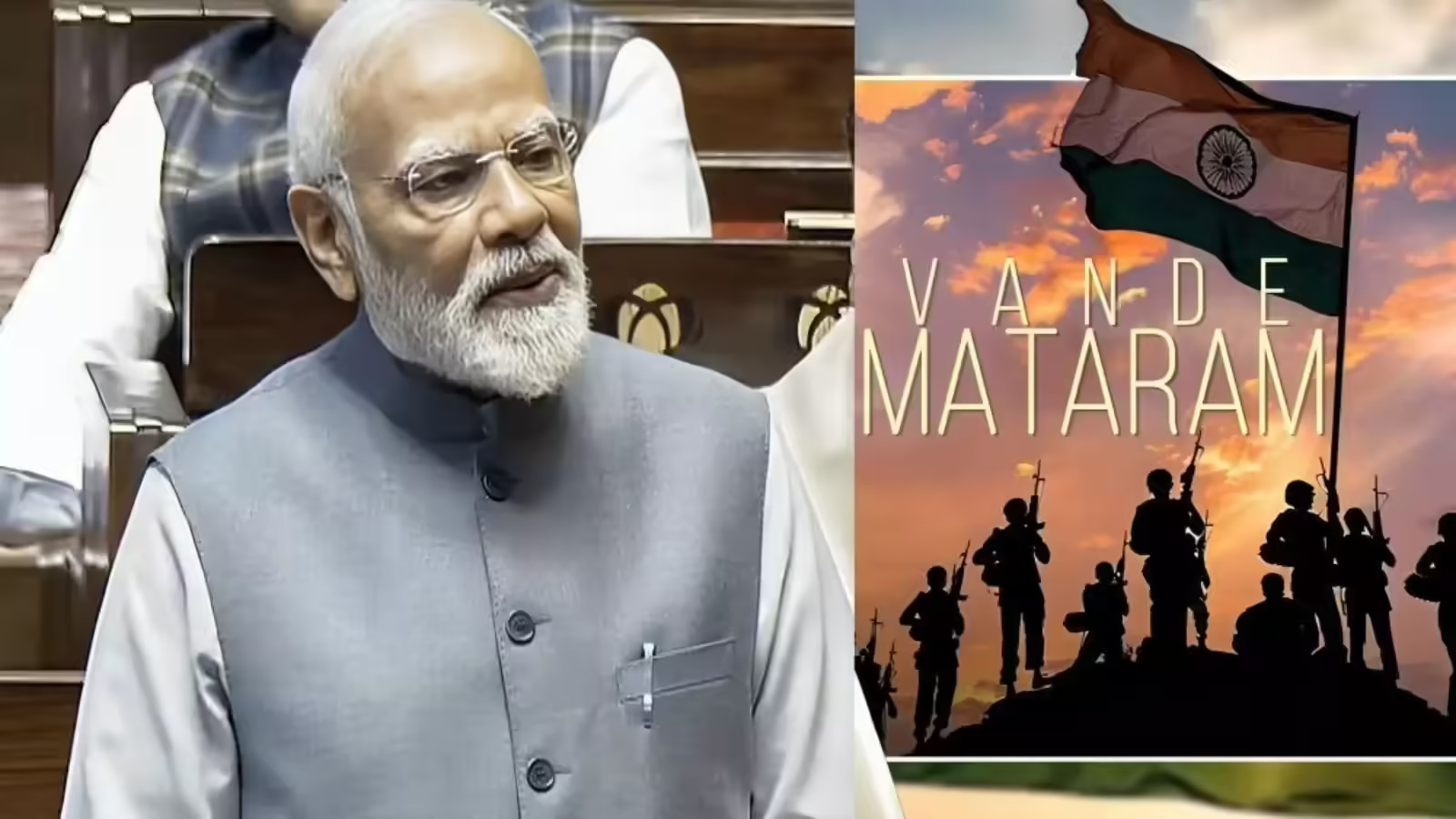
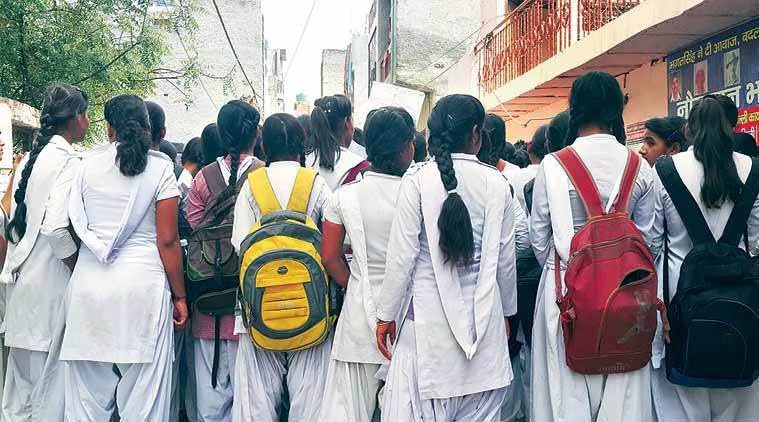


[[comment.comment_text]]